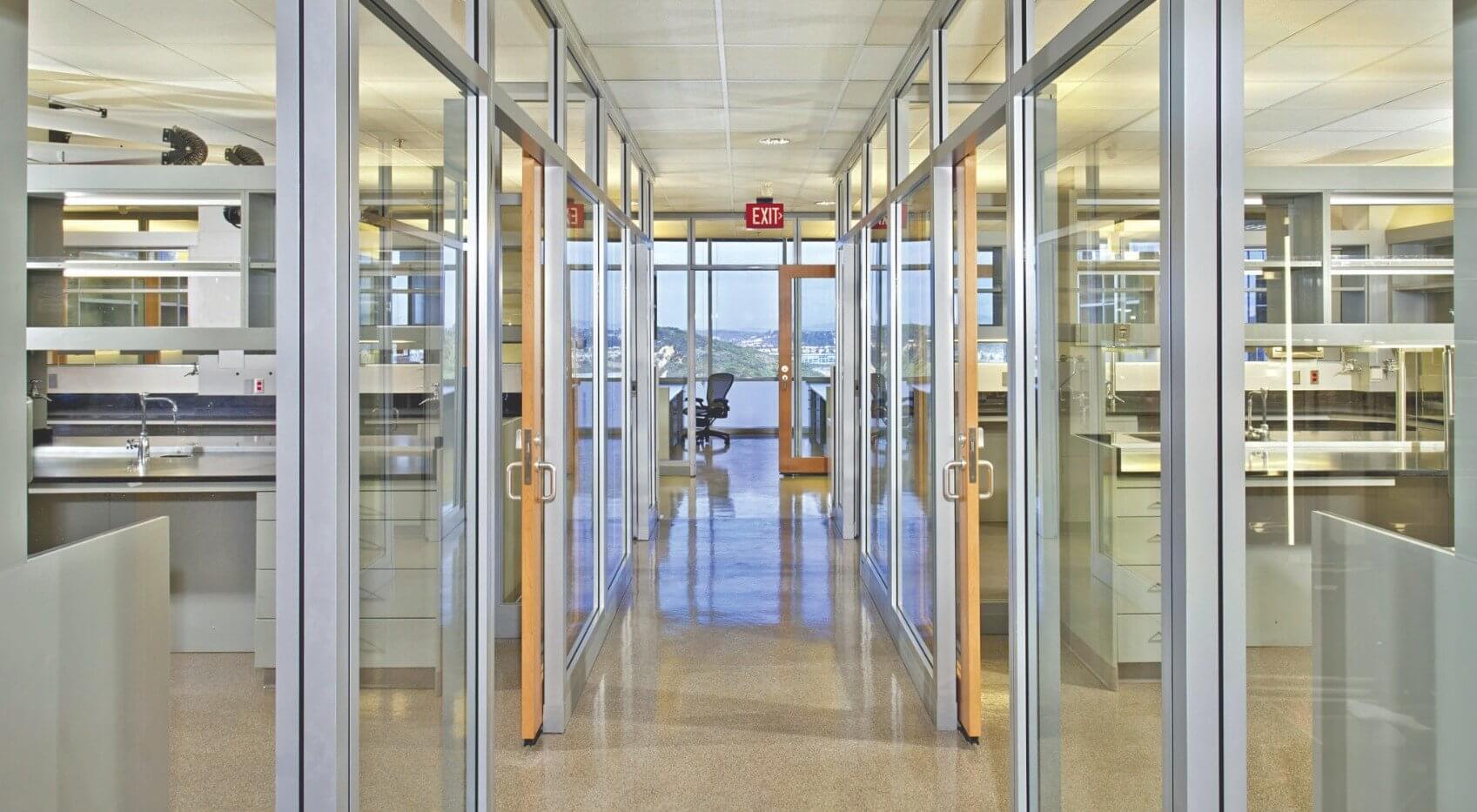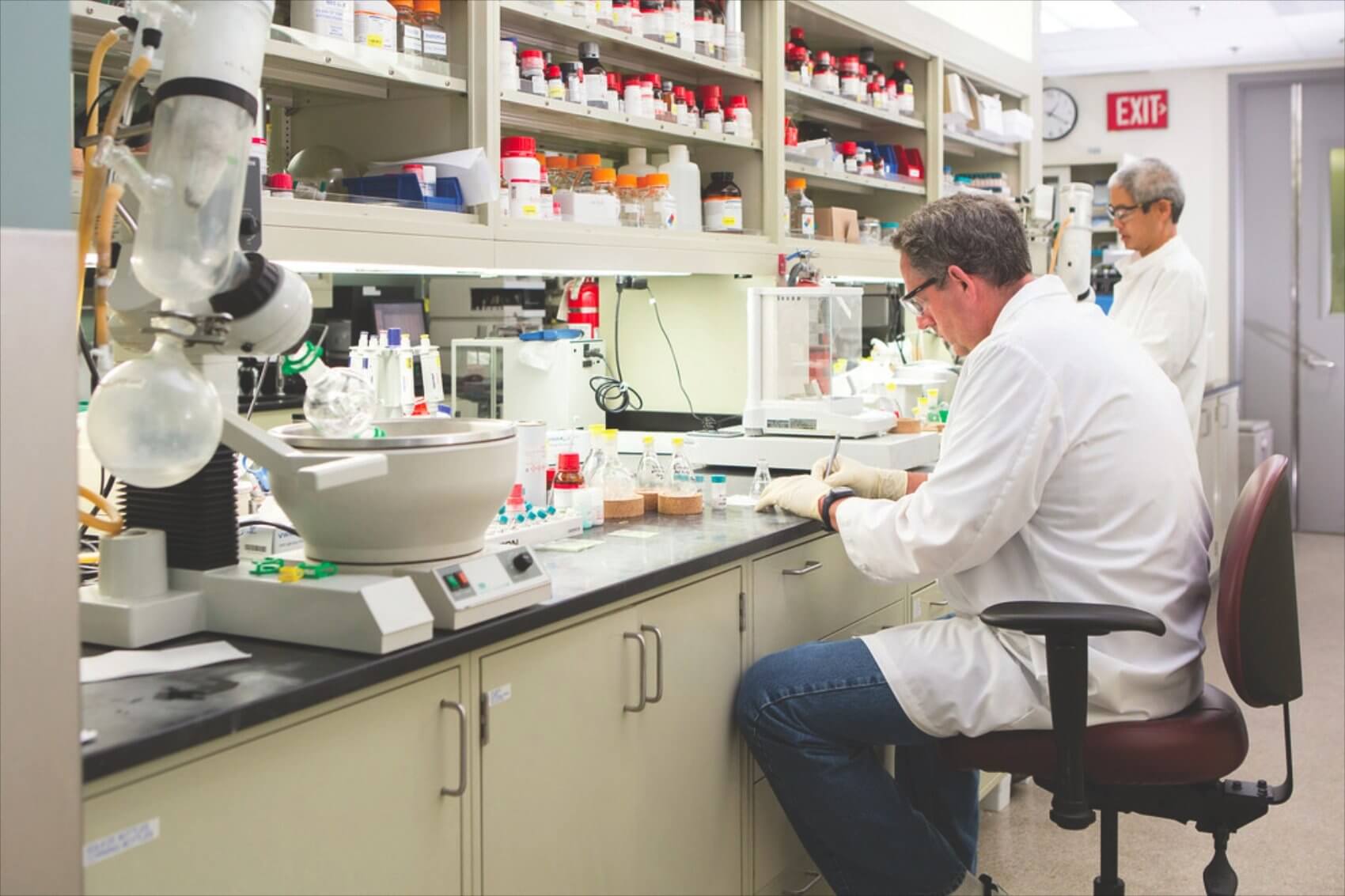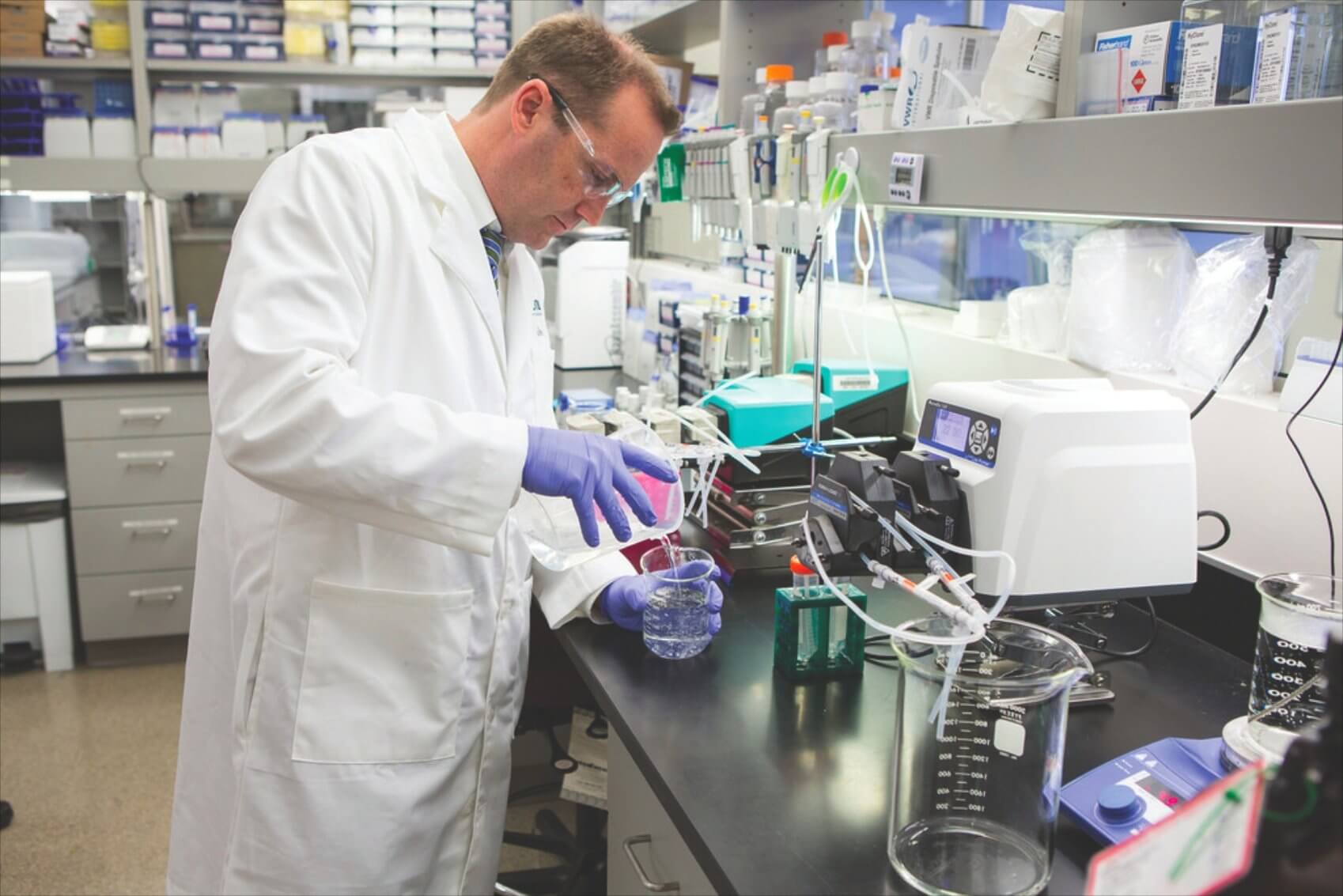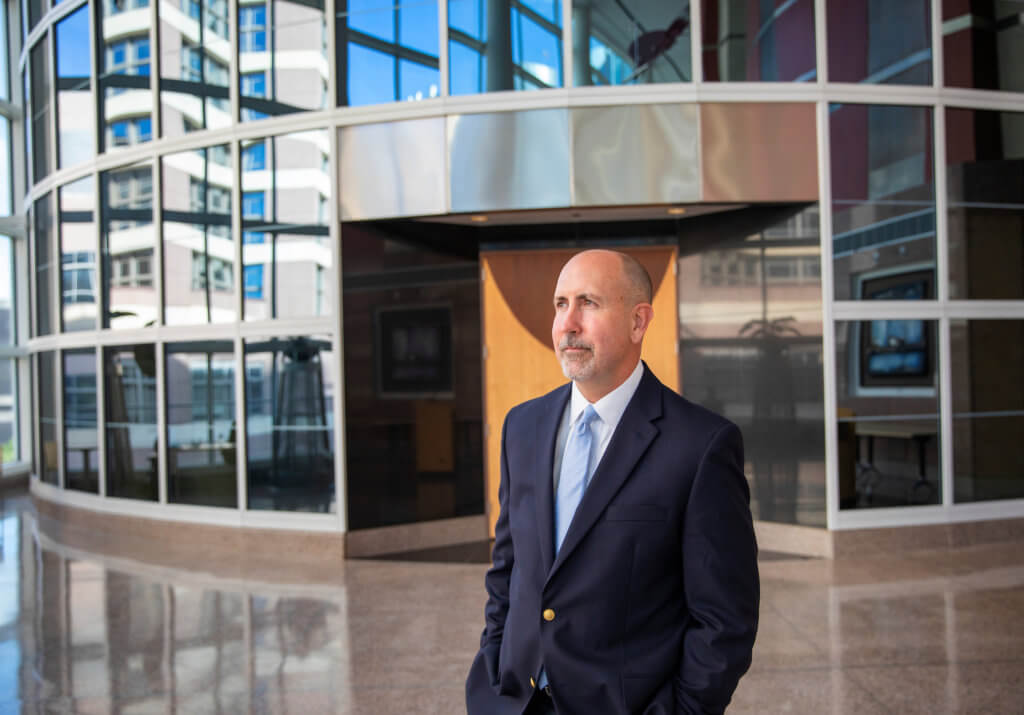An Entrepreneurial Ecosystem
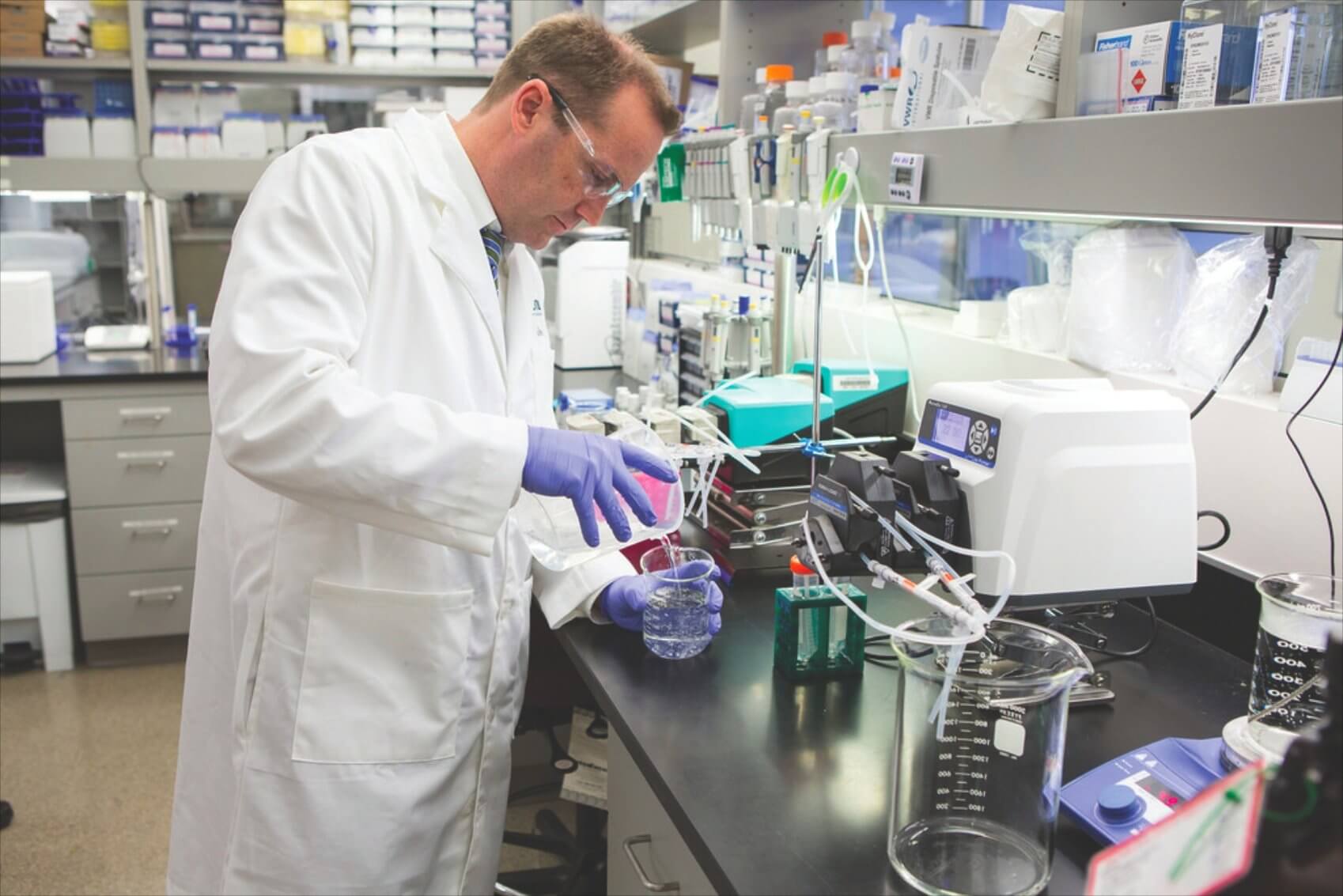
The path that unfolds before aspiring entrepreneurs pursuing innovations in health care isn’t always a smooth one. Between clambering up the monumental summit of acquiring funds, ducking and weaving through the logistical hurdles of facilities operations, and navigating the necessities of everything from equipment to expertise, there’s no shortage of obstacles to overcome. These problems are often frustratingly divorced from the mechanics of the actual science involved, which can become mummified by the realities of a conventional business trajectory. The chasm between the core concept and the end goal of a patient solution can seem expansive.
In an effort to bridge that divide, Johnson & Johnson Innovation, LLC., recently announced plans to expand JLABS (formally known as Janssen Labs), Johnson & Johnson’s network of life science incubators, to include a new facility located within the Texas Medical Center’s Innovation Institute. Adjacent to TMCx—the new accelerator and a core component of the Innovation Institute—the 30,000-square-foot J-Labs facility will accommodate up to 50 life science startups.
“The arrival of JLABS @TMC creates a resource-rich environment that will not only support new startups fueled by the numerous medical and research institutes in the region, but will also be attractive to investors and entrepreneurs in the strong Texas life science industry,” said Robert C. Robbins, M.D., president and chief executive officer of the Texas Medical Center. “We look forward to launching the life science incubator in our space with JLABS and supporting their efforts to help bring innovation in the region to market.”
Helping great ideas cross that threshold between a viable concept and a commercial product has defined the aspirations of Melinda Richter, head of JLABS. “We believe that great science is just as likely to come from outside the walls of a big company,” she affirmed. “The fact of the matter is that great science that comes from outside of those confines has many more hurdles to get over to become a patient solution. Much of that science dies not because it’s not great science, but because it has so many other things it has to deal with. We want to liberate that science—we want to elevate it to have a shot at being a patient solution because the science behind it is great, rather than having it fail for all of those other reasons.
“Houston is a flourishing life science hub in which we see great potential for an incubator to enable the talented scientists in the region to take their innovation to the next level,” added Richter. “The continued demand for our JLABS model fueled our decision to expand with JLABS @TMC, which furthers our goal of helping entrepreneurs advance science that has the potential to become transformational solutions for patients.”
“We believe that great science is just as likely to come from outside the walls of a big company […] we want to liberate that science—we want to elevate it to have a shot at being a patient solution because the science behind it is great, rather than having it fail for other reasons.” — Melinda Richter, head of JLABS
The flagship location, JLABS in San Diego, opened its doors in January 2012, offering emerging life science companies a seemingly bottomless arsenal of resources. Within a 40,000-square-foot research and development site, half of the available space was designated as either common business space—including a business center, conference room, kitchen and library—or shared research areas brimming with specialized equipment ranging from core chemistry labs to tissue culture rooms. The remaining space offers fledgling companies modular wet lab units and office space—they pay only for the space they need while still preserving the option to expand, depending on the resources available to them.
“You could have something as small as a cube and a five-foot bench, where you could get started in literally 24 hours and pay as you go,” explained Richter. “Alternatively, you could grow all the way up, in incremental units, up to 5,000 square feet. The whole point of that is to say, ‘You will need space depending on the resources that you have, and we want to give you an opportunity to start small and grow as you have the resources to grow.’”
That philosophy of nourishment and support underlines all of JLABS efforts to allow the science that drives these companies to bubble to the surface. An operations team allows visionaries to focus on molecular biology and digital technology rather than drowning in a cascade of licensing paperwork and equipment maintenance. Business acumen isn’t exactly an inherited trait, and an on-site business services team guides entrepreneurs by providing access to education, experts and funding partners.
The flagship incubator has since expanded to add a concept lab, offering single bench spaces, as well as an open collaboration office area designed to provide a high-energy space where entrepreneurs can interact and exchange ideas. JLABS regularly holds events designed to strengthen an entrepreneur’s tool kit, and is committed to expanding their presence in Houston to provide a network of support that extends beyond the walls of their new facility.
“Companies come in, with no strings attached to us, and they pay for their play, which is whatever they need to help their company build the best value that they can,” said Richter. “We’ll work with them along the way, in terms of providing them with the things that they need to help them grow—whether it’s related to infrastructure, services or expertise.”
“Along the way we hope to get to know each other better and help the entrepreneurs tap into the many resources we offer to help them drive their innovation forward,” she added. “Eventually, if it’s right for them and it’s right for us, hopefully we’ll do a deal together.”
The JLABS network currently hosts 70 life science companies across its three active facilities. Located in San Diego, San Francisco and Boston, they attract companies that span a broad spectrum of prospective technologies. Redefining the perceived boundaries of the phrase, ‘life science,’ JLABS accepts applications from biotechnology, pharmaceutical, medical device, diagnostics, consumer and digital health companies. Working with both enthusiastic, ‘rock star’ startups with no prior experience and prolific, scientific CEOs, and everyone in between, JLABS has a similarly expansive gamut of expertise. The unifying thread woven throughout a tapestry of diverse technology sectors and an eclectic assortment of talent? Passion.
“The people who are passionate, but also have done it before, bring a certain amount of capabilities and competence that comes from experience, wisdom and confidence—it’s very grounding for those who may not have that experience,” she added. “Those who haven’t done it before come in with such enthusiasm and such excitement. It’s so invigorating for everyone, even those who have been around the block, to be around that sense of wonder, imagination and dedication to doing things differently. That combination is very powerful, but the underlying piece beneath it all is that passion and commitment to make a difference. Applications for prospective companies are currently being accepted at all JLABS sites, including the Houston incubator.
Aligned in both philosophy and the scope of their ambition, the overlapping values between JLABS and the Texas Medical Center makes the partnership seem almost inevitable.
“There are some really natural synergies here,” reflected William F. McKeon, executive vice president and chief strategy and operating officer of the Texas Medical Center. “With the way that we set up TMCx, we don’t dilute companies by forcing them to give up equity in their company, which is usually around 5-10 percent. With JLABS, as well, they don’t take any equity in the companies that they support.
“We’re really about creating an ecosystem here for Texas,” he added. “There’s no silver bullet—this is a long term strategy. A lot of people are asking, ‘How many companies do you have?’ The focus is not to fill it with a lot of companies just for the sake of volume—if there are only five stellar, worthwhile companies who want to be involved, then we’re only going to have five companies at the start. We want to represent to the outside world, both within the Texas Medical Center and throughout the state of Texas, that a vehicle exists to propel the very best companies forward.”
While Houston still has yet to prove itself through a track record of commercial success, the depth of available research, wealth of talent, and variety of creative funding vehicles paint a portrait of a city brimming with possibility. “We want to be there to help make an impact,” asserted Richter. “Houston has a spirit about it that made it compelling for us to come there. It has all of the critical elements that you need to think about to get bright, new solutions directly to the patients. That’s what matters. We’re guided by the desire to do the right thing for those patients, and that’s just good business.”

